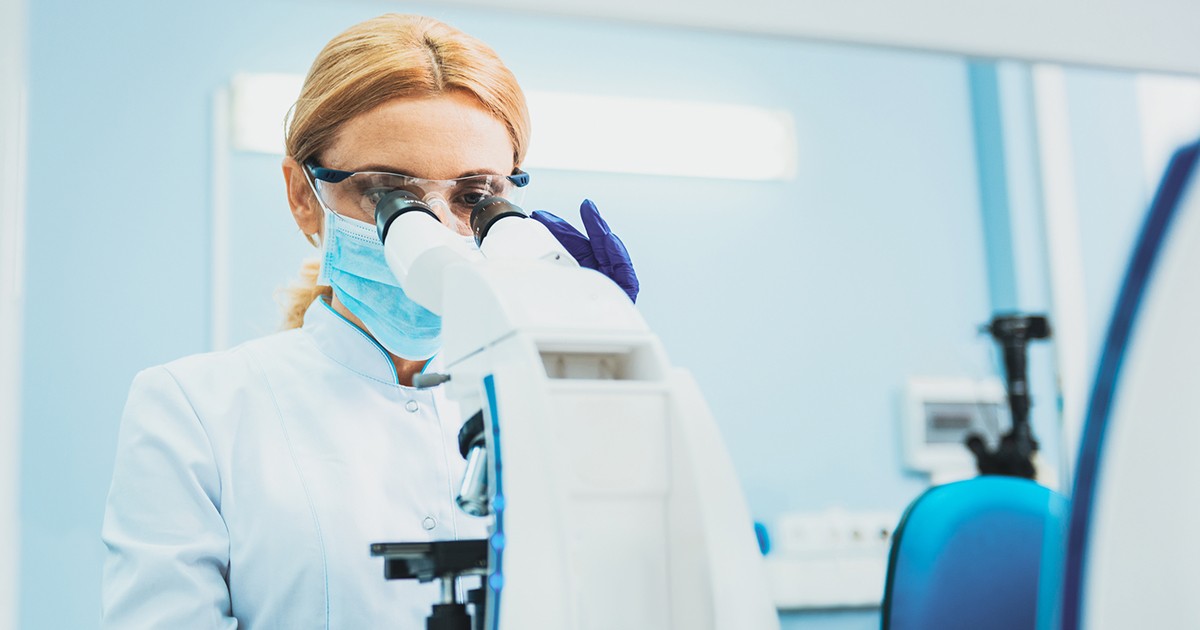Huntington's Disease Causes And Diagnosis
New Mutation

In rare cases, a new mutation may form, resulting in a patient with Huntington's disease who did not inherit the disease from either parent. This is known as a de novo mutation of the HTT gene, which is the gene that gives the instructions for making the protein huntingtin. Scientists understand the mutation of the HTT gene causes Huntington's. Within the HTT gene, there is a DNA segment called the CAG trinucleotide repeat, which consists of three parts that repeat multiple times. A normal CAG repeats ten to thirty-five times. In Huntington's patients, the CAG repeats thirty-five to 120 times. Individuals with thirty-five to thirty-nine CAG repeats may or may not develop Huntington's, while those with over forty repeats typically always develop the disease. In addition, data shows patients with higher CAG repeats tend to have symptoms earlier in life that ultimately become more severe. Data suggests when Huntington's is passed down through generations, individuals tend to have higher CAG repeats.
Risk Factors

Since Huntington's disease is usually based on genetic inheritance, there is nothing a person can do to prevent themselves from getting the disease. If a Huntington's patient has children, we know the children have a fifty percent chance of developing the condition themselves. Once cases of Huntington's disease develop, patients also have increased risk factors for depression and suicide. In later stages, risks of falls become an issue. Because of chorea and other movement symptoms, especially when severe, patients may find it impossible to perform daily tasks they formerly had no trouble completing. Patients may also lose a tremendous amount of weight. Difficulties with swallowing puts patients at risk of choking in the late stages of Huntington's. Cardiovascular and heart disease often become complicating factors that cause death. Once in the later stages of the disease, patients often need nursing care to protect them from these risk factors. Data also suggests when Huntington's is inherited from the father, more CAG repeats are often present, which increases the chances of an earlier onset of the disease and more severe symptoms.
